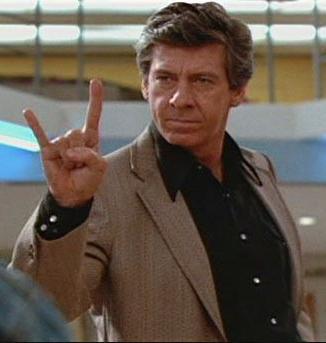VirusType2
Newbie
- Joined
- Feb 3, 2005
- Messages
- 18,189
- Reaction score
- 2
What does that have to do with anything? She said authorities. I assume she meant the police.
I helped.If I found evidence of such a crime in the army or the public sector, I would report it through the chain of command or present it to the authorities.

